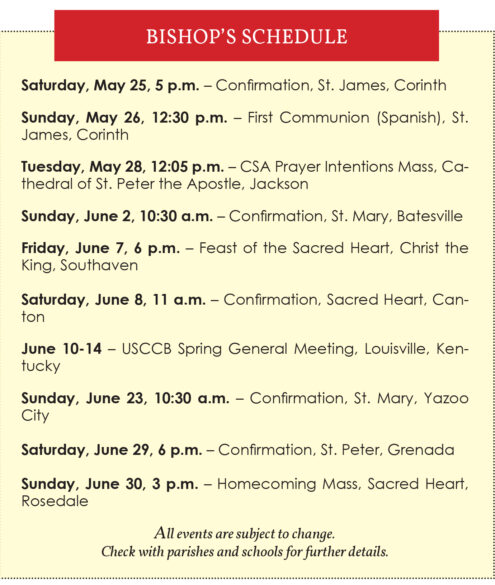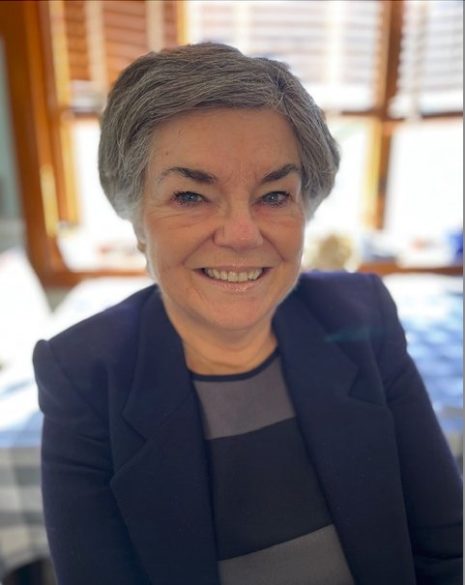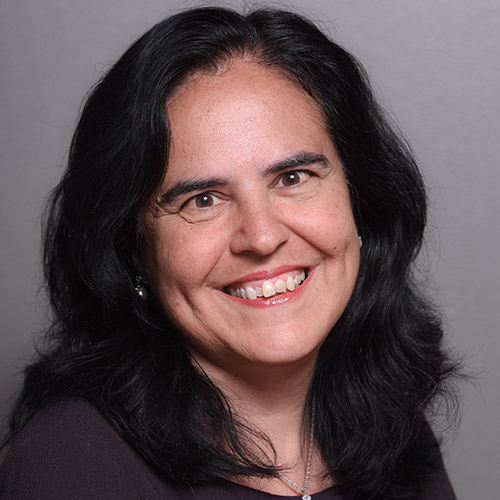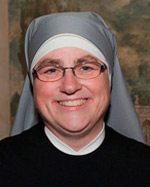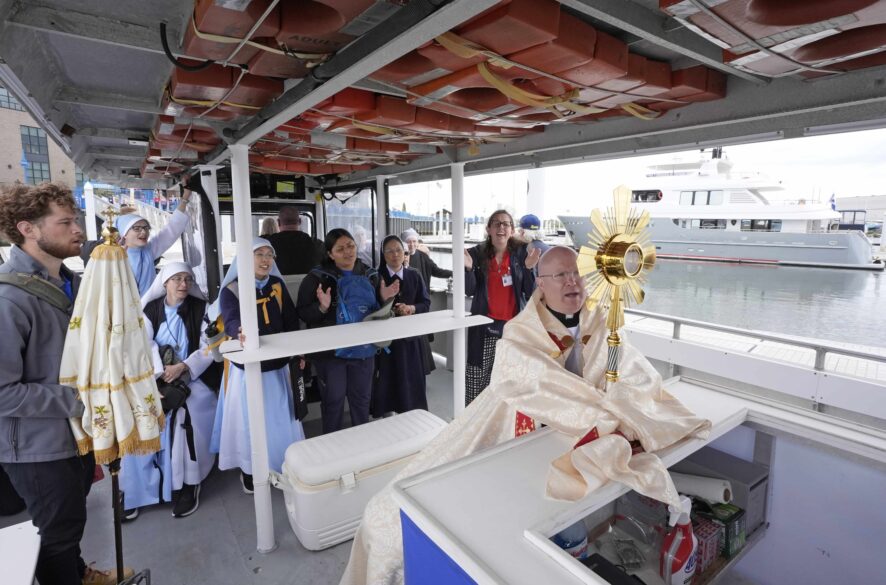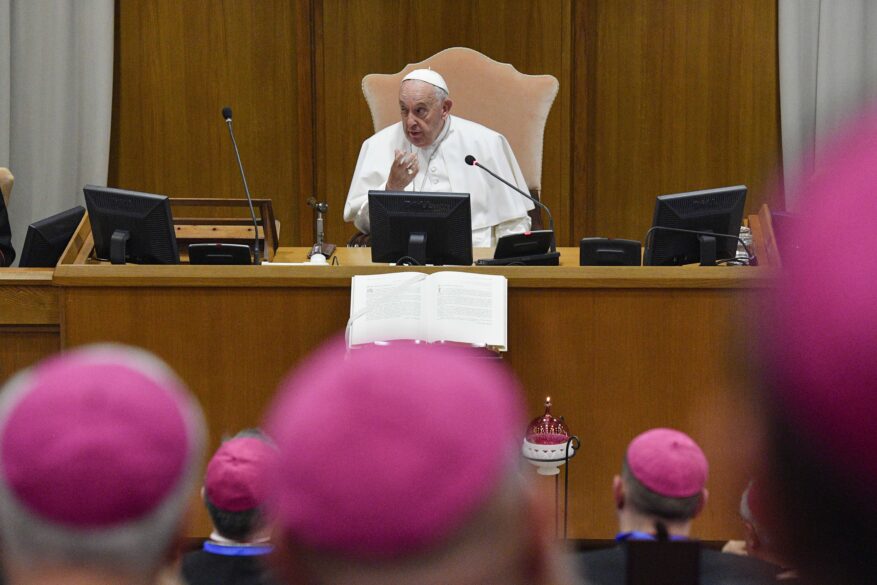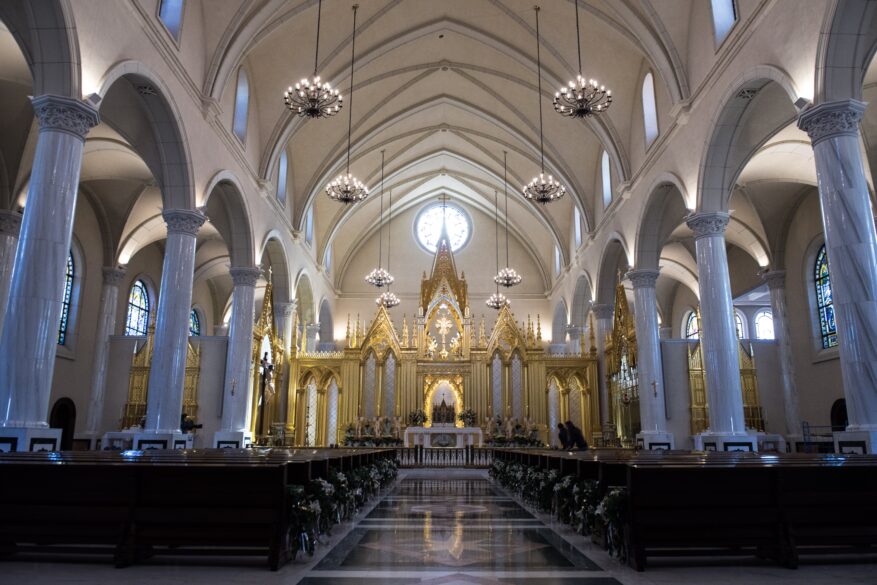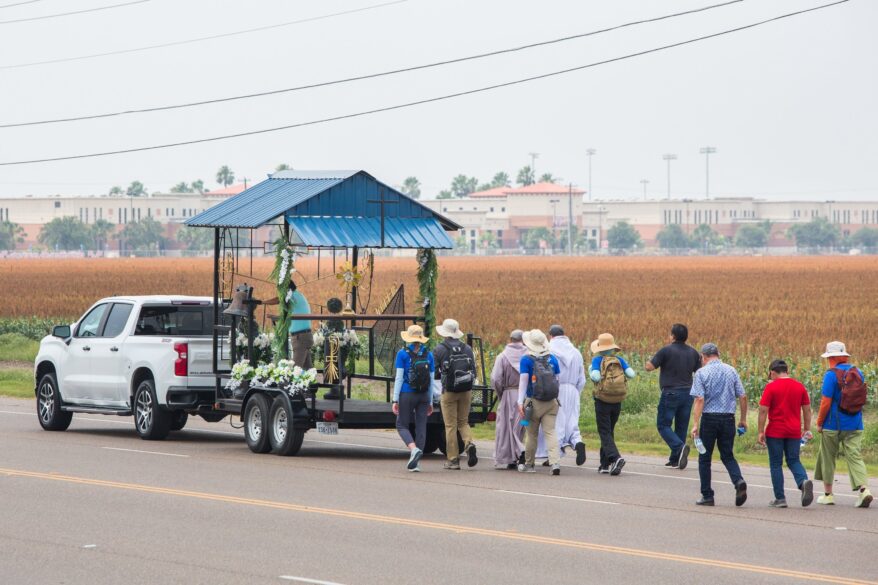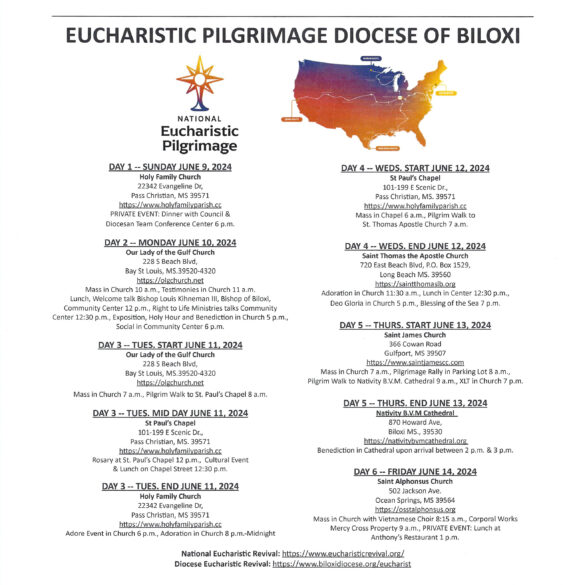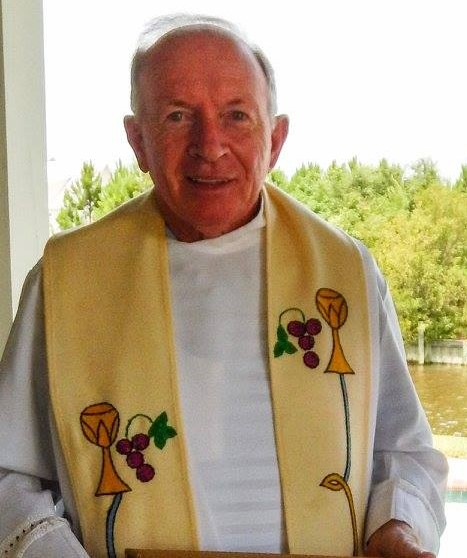By Bishop Joseph R. Kopacz, D.D.
“Come, Holy Spirit, fill the hearts of your faithful and kindle in them the fire of your love. Send forth your Spirit and they shall be recreated, and you shall renew the face of the earth.”
Our lives are imbued in the mystery of God’s Holy Spirit whose graced presence is always at work. We can never fully comprehend the gift and the grandeur of God’s manifestation in our lives, an unfathomable mystery, but the Spirit gradually reveals what we need when we remain open in faith.
Of primary importance is our relationship with the Most Holy Trinity because the Holy Spirit enlightens our hearts and minds to know that Jesus is Lord, and God is our Father. (1Corinthians 12) God who is love has poured the gift of self into creation and salvation and in Jesus Christ, the Way, the Truth, and the Life, shows us how to live and to love in all circumstances. But like the Blessed Mother and the saints, we must be willing partners.

The biblical narrative recounts the primordial and temporal work of the Spirit of God. In the beginning, the Holy Spirit hovered over the original chaos and darkness and created light and order. The Spirit of God spoke through the prophets and created meaning and hope in the nation of Israel preparing the way for the long-awaited Messiah. “The Word became flesh and dwelt among us” because Mary was alive in faith and in her openness allowed the Holy Spirit to act. (John 1:14) The Spirit of God accompanied the Lord Jesus in every step of his earthly ministry (Luke 10:21) and from the throes of death, raised him to eternal life. (Romans 8:11) At the Ascension the disciples were instructed to remain vigilant waiting to be clothed with “power from on high.” (Luke 24:49) The miracle of Pentecost with the great outpouring of God’s Holy Spirit and the birth of the church fulfilled all their yearnings.
There is a pattern to this lavish generosity of Divine Providence that we see in the outpouring of God’s Spirit in creation, the blood and water that poured forth from the crucified Lord and the outpouring of the Spirit at Pentecost. As Jesus declared in the Good Shepherd narrative, “I came so that they may have life and have it more abundantly.” (John 10:10)
Two-thousand years later Pope Francis has invited the church throughout the world in the Synod on Synodality to hear “what the Holy Spirit says to the churches” (Revelation 3:22) in an ever-deepening experience of communion, participation, and mission. The Holy Father’s invitation is anchored in the unflinching belief that the Spirit of God is always at hand to renew the church with Pentecost fervor, evidence of the more abundant life that Jesus promised. In our diocesan Pastoral Reimagining from Pentecost 2023 through Pentecost 2024, building upon the earlier gatherings with Synodality, we have relied on the Holy Spirit to lead us in fruitful prayer and conversations in order to stir into flame the gift of God’s grace that we all received at Baptism.
Of course, during this time of Eucharist Revival the Holy Spirit is summoning the church to a renewed experience of worship as the Body of Christ who offers sacrifice and praise to God. Once gathered it is the Holy Spirit who opens our hearts and minds to hear God’s word with the capacity to put it into practice. It is the invocation of the Holy Spirit, “the power from on high” at the words of institution who transforms the bread and wine into the body and blood of Jesus Christ.
Ultimately, it is the indwelling of the Holy Spirit (Romans 8:9) who awakens us to the promise of eternal life. In the indwelling of the Holy Spirit consider the seven gifts, the 12 fruits, the three theological virtues of faith, hope and love, and the four cardinal virtues of prudence, temperance, justice and fortitude. In this light we begin to understand the abundance of which Jesus spoke.
Where would we be if not for the abiding presence and action of the Holy Spirit? Come Holy Spirit and fill the hearts of the faithful so that we can worthily celebrate the Solemnities of the Most Holy Trinity, and the Body and Blood of the Lord in the days ahead.
